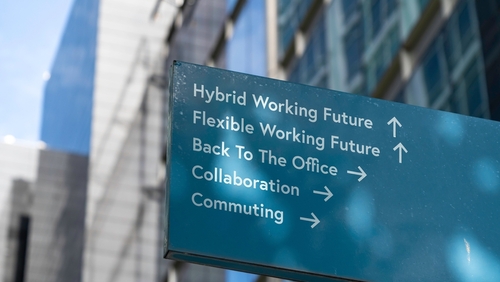Flexible Working Rights & The Employment Relations (Flexible Working) Act 2023
Sophia Goodall, Trainee Solicitor looks at the changes to the current flexible working regime that employers and employees alike need to be aware of under The Employment Relations (Flexible Working) Act 2023.
Flexible working was once viewed as a luxury perk only offered by the most progressive employers. But since the Covid pandemic and growth in the use of technology, attitudes towards flexible working have markedly shifted. It is now a key feature for employees and employers to consider when deciding job offers. The Employment Relations (Flexible Working) Act 2023 passed through Parliament on 14 July and now awaits Royal Assent to become law.
What has changed?
The Act introduces the following key changes:
- Employees will now be able to make two flexible working requests within any 12-month period.
- Employers will have to deal with flexible working requests within 2 months of receiving them unless there is a mutually agreed extension. This change will ensure that requests are handled promptly and employees receive a timely response.
- Employers will no longer be able to refuse a request outright without having first “consulted” with the employee. However, the Act does not specify the minimum requirements for this consultation process, leaving it open to interpretation by employers.
- Employees are no longer required to explain how their flexible working request may impact their employer or propose how any potential issues arising will be addressed. This change reduces the burden on employees when submitting their requests and leaving it up to employers to manage their respective teams accordingly.
What remains the same?
Waiting period
The Act does not make flexible working a “Day 1 right”. Employees still need to complete at least 26 weeks of service before they can make a flexible working request.
It should be noted that the government has indicated that it may introduce Day 1 employment rights through secondary legislation, but no such legislation has been enacted yet.
No right of appeal requirement
The Act does not mandate employers to offer a right of appeal if a flexible working request is refused. It is recommended in the ACAS Code of Practice on Flexible Working that there should be an appeal process, but it remains optional and is not a statutory requirement.
No substantive consultation
There is no requirement that consultation with the employee is substantive or covers the options available. Indeed, there is no minimum standard of consultation set out at all.
The Employment Relations (Flexible Working) Act 2023 represents a significant step forward in modernising the current flexible working framework to keep up with changing attitudes and expectations.

By fostering a culture of flexibility and accommodating diverse working arrangements, the Act aims to promote employee well-being, enhance work-life balance, and support business agility in the ever-changing world of work.
For more information on flexible working and employment related matters contact Sophia Goodall, Trainee Solicitor.
Email : [email protected]
Call : 01803 396618
Sophia Goodall, Trainee Solicitor
Contact one of our offices:
Email [email protected]
South Devon 01803 213251
Exeter 01392 274006
North Devon 01271 342268
You can also complete an online enquiry form. One of the Wollens team will contact you as soon as they are available.
Employment Lawyers – Wollens Solicitors Devon



